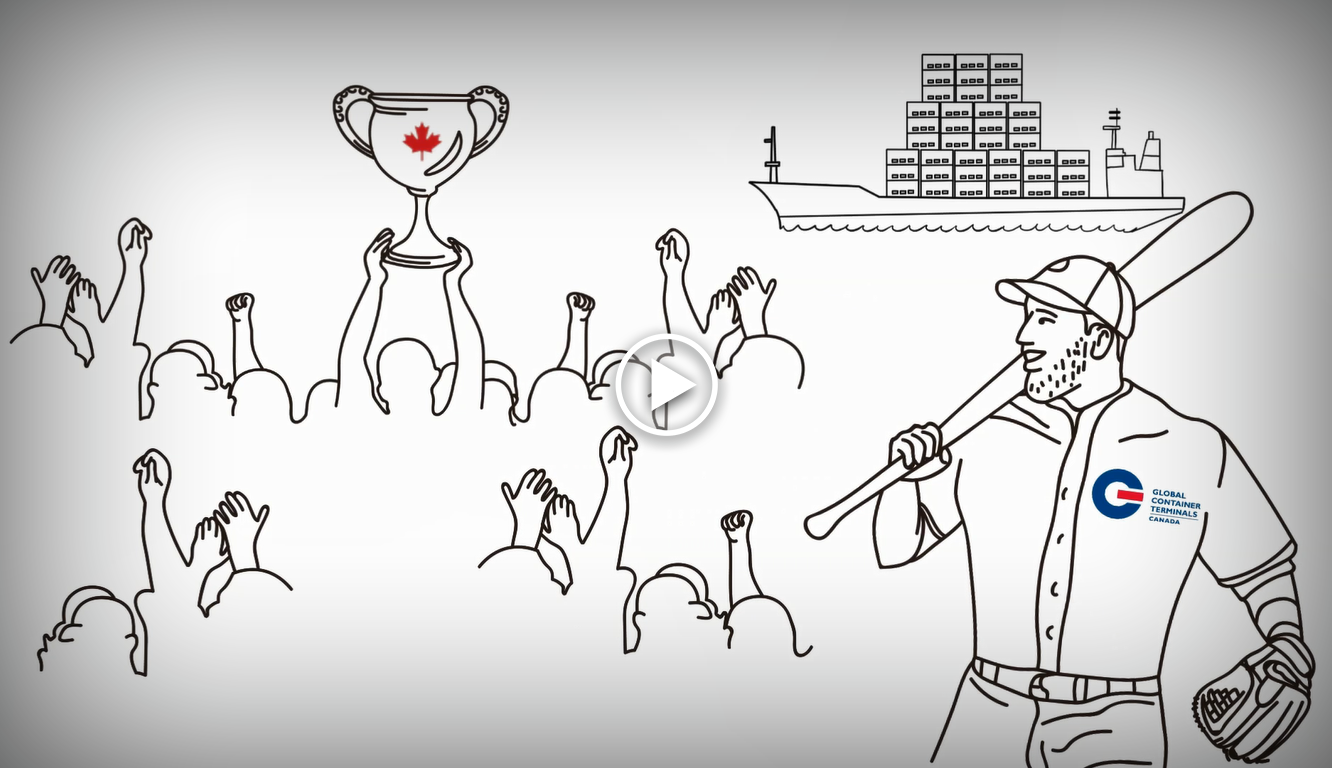Many of the City of Delta’s concerns regarding the Port of Vancouver’s proposed Terminal 2 project have been noted by a federal independent review panel.
That’s according to city manager Sean McGill who discussed the review panel’s final report recently with council.
He said some of the key findings are “very alarming and concerning” when it comes to the environmental impacts including, among other things, the wetlands at Roberts Bank.
“On the issue of biofilm, the Panel was unable to come to a conclusion about the potential impacts on sandpipers and shorebirds, given the recent and still-emerging scientific understanding of biofilm,” a memo to council notes.
The memo also notes the panel concluded that "the project would likely cause a significant adverse effect and a significant cumulative effect on agricultural land use due to the loss of a small area of land contained in the Agricultural Land Reserve".
The memo also notes that when it comes to accidents and spills, the panel noted that the effect of a worse-case oil spill in the marine shipping area could result in potentially significant adverse residual effects for vulnerable species such as Southern Resident Killer Whale, marine birds, marine commercial and recreational fisheries, cultural heritage and health of Indigenous groups.
Staff are still going over the review panel’s very lengthy report and will prepare their own report for council with recommendations how Delta should proceed in the process.
The memo to council also notes that the review panel provided recommendations for mitigation and compensation of environmental impacts, but Delta staff are aware that concerns have been expressed by some environmental groups about the recommendations.
Staff will review those concerns, as well as the panel's recommendations for mitigation, providing an analysis in the upcoming report to council.
The review panel submitted its report to the federal minister of environment.
The provincial government is also conducting a harmonized environmental assessment process for the project.
T2 is proposed new three-berth container terminal that would be built on a man-made island adjacent to the existing Deltaport terminal at Roberts Bank.
Delta in its submission to the review panel suggested that the project provides a unique opportunity for the Canadian government to demonstrate its commitment to sustainable development by encouraging the use of inland ports, including Ashcroft Terminal.
However, the review panel in its report noted, “The Panel concludes that it was not necessary for the Proponent to have considered additional capacity at Prince Rupert as an alternative means of carrying out the Project, because Prince Rupert is not within the Proponent’s jurisdiction but within the jurisdiction of the Prince Rupert Port Authority. The designated project is a container terminal 'located at Roberts Bank'. Having regard to this, the Panel rejects the argument constructing a terminal at Prince Rupert is an alternative means of carrying out the Project.”
Duncan Wilson, the port’s vice-president of environment, community and government affairs, in an interview with the Optimist said the panel’s final report was pretty much what the port authority had anticipated.
Wilson noted the panel took a look at the potential effects but and the port is pleased it also provided recommendations on mitigation, measures that the port is either planning or can implement.
“A lot of their recommendations are consistent with what we expected. You’ll note that a lot of the work that the port has been doing over the last number of years has been in anticipation of some of these things,” he said.
This article about the City of Delta’s concerns regarding the Port of Vancouver’s proposed Terminal 2 project by Sandor Gyarmati originally appeared in the Delta Optimist on April 19, 2020.
